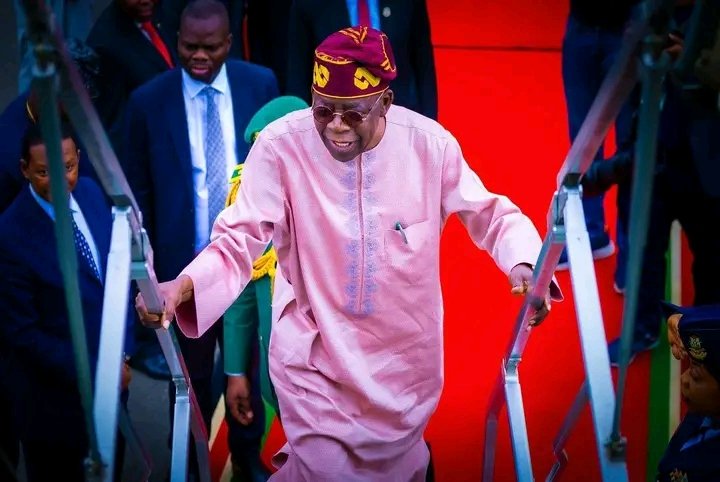
Reps to reconsider capital punishment in sweeping human rights review
Abuja, Nigeria – The House of Representatives has committed to a thorough reevaluation of capital punishment to bring Nigeria’s legal system in line with International Human Rights Law (IHRL).
Deputy Speaker Benjamin Kalu made the disclosure during diplomatic engagements with delegations from the Australian and Rwandan embassies in Abuja.
Speaking on constitutional reforms, Kalu emphasized that the issue of capital punishment is deeply complex and demands careful legislative dialogue.
He stated that the ongoing review seeks to respect local sentiments while adapting Nigeria’s laws to meet international human rights expectations.
“Our intention is to align our criminal justice system—including laws on capital punishment—with global human rights standards,” Kalu said. “At the same time, we remain conscious of the views of our citizens, whose perspectives must guide a balanced reform process.”
Kalu, who also chairs the House Committee on Constitutional Amendment, noted that the legislative body is currently reviewing bills including HB.1349, which focuses on gender representation in legislative chambers.
The Deputy Speaker used the opportunity to emphasize the broader commitment to constitutional reforms that prioritize equity, justice, and compliance with international protocols.
Mining, gender equality, and capital punishment reforms discussed
In meetings with Australian High Commissioner Leilani Bin-Juda and Rwandan Ambassador Christophe Bazivamo, Kalu discussed partnerships extending beyond trade.
He sought collaboration in legislative practices and human rights strategies, especially concerning capital punishment and gender representation.
Recognizing Australia’s mining expertise, Kalu proposed investment partnerships that adhere to responsible practices. He also praised Rwanda’s exemplary record in gender inclusion, with women occupying over 63% of its Chamber of Deputies and over 53% of the Senate—ratios Nigeria is seeking to replicate through reforms.
Kalu encouraged both diplomatic missions to continue supporting Nigeria’s democratic journey. “We are especially interested in learning from Rwanda’s gender model and from Australia’s human rights experience—including the treatment of capital punishment in legal frameworks,” he said.
Also Read: CBN Launches NRBVN to Target $1bn Monthly Diaspora Remittances
Bazivamo welcomed the idea of legislative cooperation through joint innovation and oversight, proposing the creation of a Nigeria–Rwanda parliamentary friendship group.
Local groups call for clarity on execution laws and justice system
The national debate on capital punishment has gained renewed momentum. Rights organizations such as the Human Rights Writers Association of Nigeria (HURIWA) have recently advocated the death penalty for crimes like kidnapping and terrorism.
Conversely, others call for complete abolition, citing international treaties and rising wrongful conviction cases.
Recent global headlines, including Singapore’s execution of a man for cannabis trafficking and UN reports on prison reform, have intensified calls for Nigeria to reexamine its stance on the death penalty.
As the constitutional amendment process advances, all eyes remain on how lawmakers will address execution laws in alignment with evolving global standards.
Analysts suggest that the final outcome could influence Nigeria’s international image and future trade agreements.

